By Lin Zhuowei
(ECNS)—A senior reporter from the United States, who has stayed in China for 18 years, shared his insights into life in the country in an exclusive interview with China News Network after arriving in Chengdu, Southwest China’s Sichuan province, for the 2024 China Internet Civilization Conference.
“China can do things that many other countries cannot,” said Erik Nilsson, a senior reporter of China Daily.
“I first saw it when I was in Sichuan and that’s where I came to really see the way that China can take the impossible and make it come true,” Nilsson said, praising the nationwide rescue and restoration efforts after a magnitude-8.0 earthquake left a large part of Sichuan in ruins in 2008.
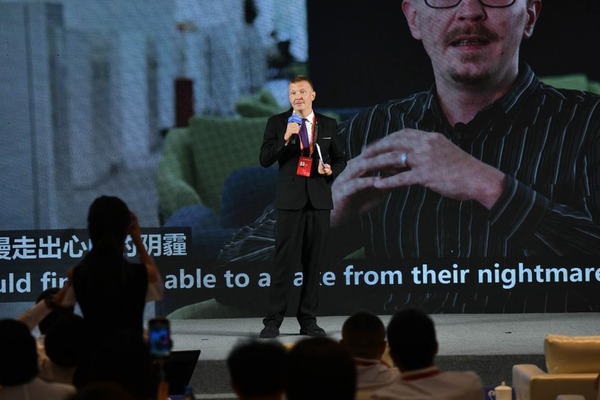
Chengdu, a city he has visited 16 times, holds deep significance for him as a place of miraculous transformation.
“It has been 11 years ago (since I last came). I am happy to come here to see the incredible changes. It is really a transformation that has taken place. Chengdu is one of my favorite places, of course, because of the food, especially the hotpot, and the lifestyle here,” Nilsson told the reporter.
Nilsson added that miracles have continued to unfold not only in Sichuan but also in other regions of China, particularly in the nation’s poverty alleviation and green transformation efforts.
One prominent example is a primary school in Yushu’s Qumarleb County of the Qinghai province.
Located on the Qinghai-Tibetan Plateau, Qumarleb County is known for extreme weather conditions and complex geography, which poses great challenges to infrastructure construction and economic development.
“I had never seen poverty like I had seen in Yushu…There aren’t many resources aside from grass,” said Nilsson.
At a local primary school, he found neither a canteen nor electricity. In the region that sees snow most of the year, 78 children slept in seven tents with no heating. The kids’ beds were just thin boards without mattresses.
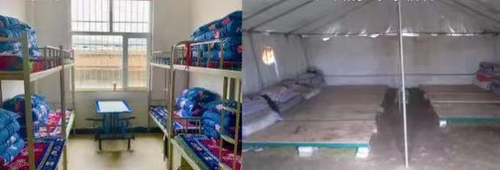
In the following years, Nilsson returned multiple times to bring the children clothes, medicine, computers, and even solar panels for electricity. But in 2019 when he revisited the place, he was amazed by its great changes achieved through the joint efforts of both government and the people there. “It is not the same place that I went to in 2011,” he said.
“The school now is more advanced than the one that I went to in the United States as a child; Not only do they have very nice dorms that are well heated and a very nice canteen where they have very nutritious food, but also they have these computer labs and science labs that were really incredible in terms of the kind of experiment equipment they had,” said Nilsson.
In his 18 years in China, he has witnessed the significant changes enabled by the poverty alleviation initiative and the promising progress China has made in the green transition.
According to his observation, with major improvements in air quality in cities like Beijing and advancements in green technologies, China has impressed the world with progress and provided offered valuable experiences for other countries to follow.
“Now indeed, I don’t consider telling China’s story well to be a job or even a career but a life mission,” said this international journalist who was recognized by Chinese Foreign Minister Wang Yi during a press conference at the Two Sessions.









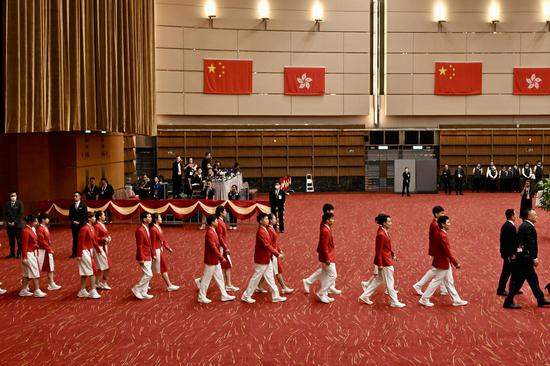


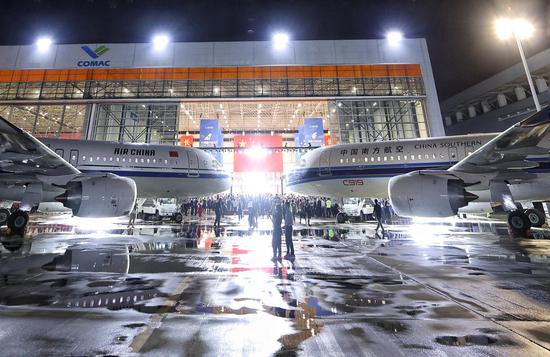

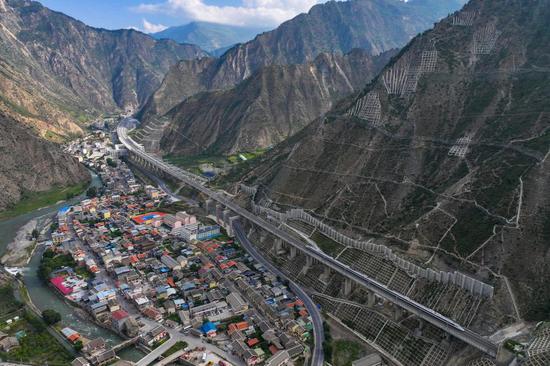
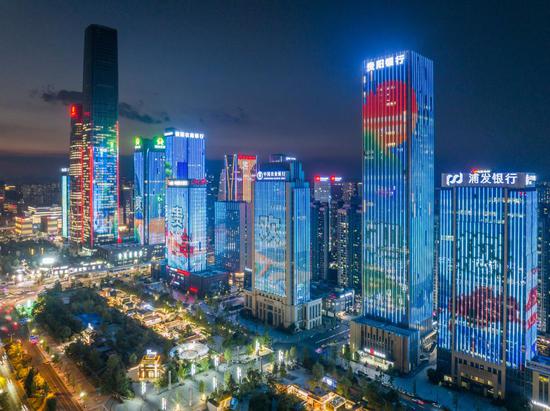
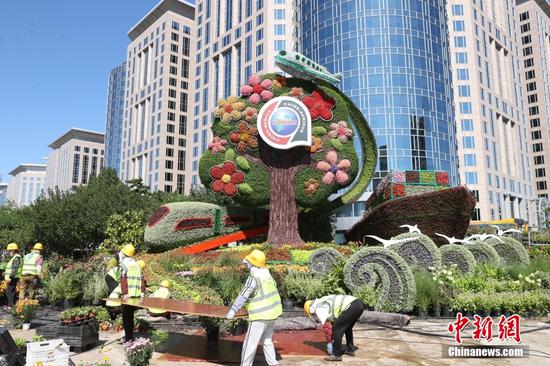
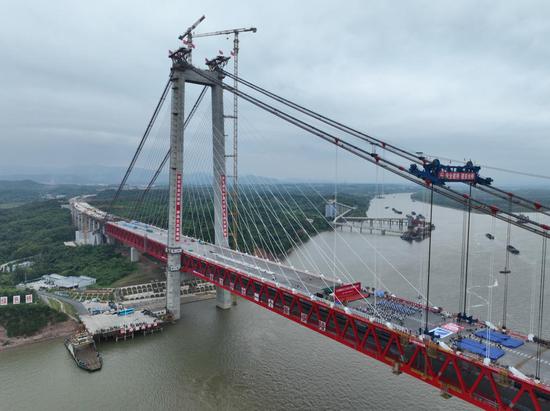



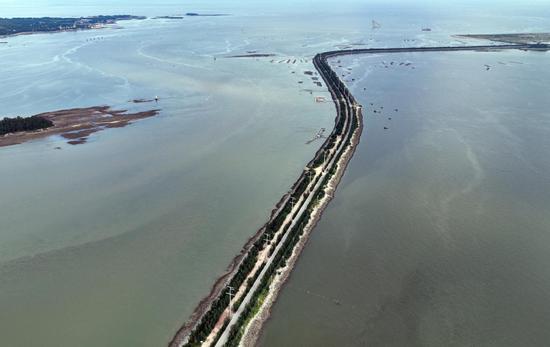

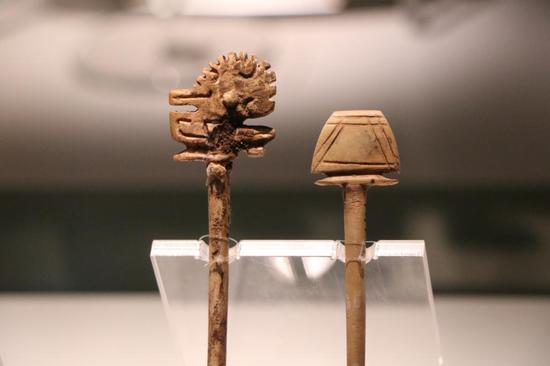










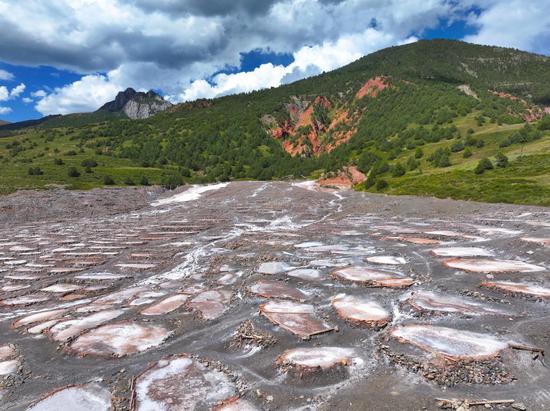




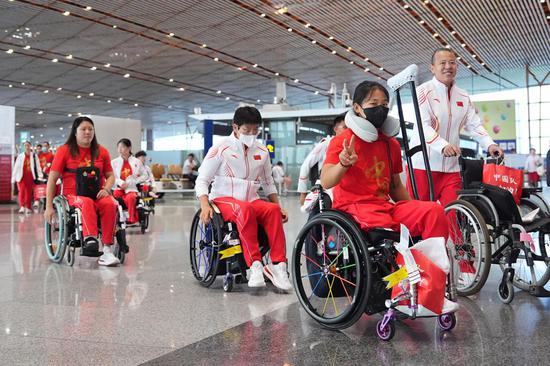










 京公网安备 11010202009201号
京公网安备 11010202009201号